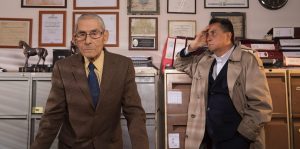
The Mole Agent is a documentary that is almost too good to be true. It follows Sergio, an elderly Chilean widower who applies for a one-time job from a private investigation agency looking for an older man who is good with technology. After getting the job, Sergio finds out that he will be placed in a nursing home for a couple of months to investigate a woman whose daughter believes she is being mistreated. He is given a pair of glasses and a pen with a camera built-in and taught an encoded language to speak.
As I watched the opening, I expected this to be a light comedic spy film, in which Sergio goes to the nursing home and hijinks ensue. He returns, having helped a poor woman enjoy her final days or something along those lines. Suddenly, we cut to a shot of a camera crew, picking up footage of two women in the nursing home. This only happens once, but it is enough to make it clear that we are watching a documentary. With that knowledge in place, this movie became a lot more than expected.
One of the main reasons I didn’t realize that The Mole Agent is a documentary is that it isn’t shot in the typical documentary style. That style usually consists of handheld cinematography, b-roll, and talking-head interviews. There were beautifully composed still shots, a minimal amount of b-roll, and no talking-head interviews. This unorthodox style led to me being more engaged with the participants because I wasn’t as aware of the filmmakers behind the movie.
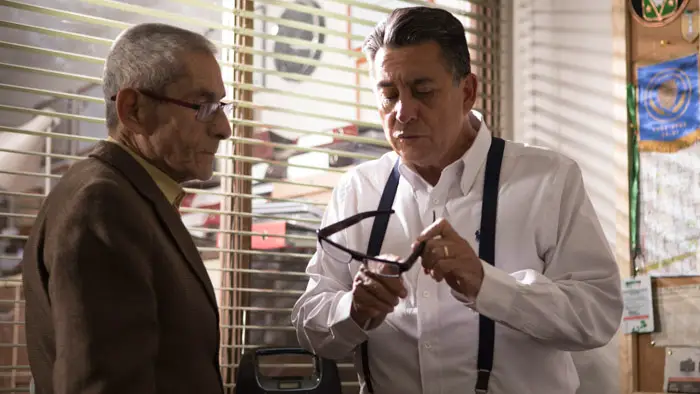
“…placed in a nursing home for a couple of months to investigate a woman whose daughter believes she is being mistreated.”
The majority of the film loosely follows Sergio during his time in the nursing home, in which he goes from being an older man in a young world to an older man living amongst his peers. This provides him and the audience with a glimpse of the horrors that getting old can entail for some and the range of responses these people have to their predicaments; from distraught and resigned to resilient and peaceful, the range of human expression is on full display.
What really struck home for me was a line that Sergio uses to sum up his experiences at the nursing home, “The residents here feel lonely. They aren’t being visited, and some have been abandoned. Loneliness is the worst thing about this place.” The fact that loneliness was worse than the inevitability of death and the physical suffering and weakness of many of the residents really drives home how socially oriented we are as humans.
With these lines, the movie argues that you can give your parents or grandparents a nice place to live out their final days with good amenities and a caring staff. But without visiting, calling, or otherwise making them feel heard and seen, you are hurting them more than you could ever know. This is an especially powerful message given that many people may be averse to seeing their family members as they approach death for fear of acknowledging the impending feelings of loss and pain but facing that reality with them can help everyone cope with loss.
Unfortunately, due to its limited premise, The Mole Agent never goes beyond showing the problem of loneliness. There no solutions, even if viewers like me interpreted some from watching the film. Nevertheless, through a unique premise and an engrossing style, The Mole Agent shines a light on a part of our society that we don’t talk or think about enough.
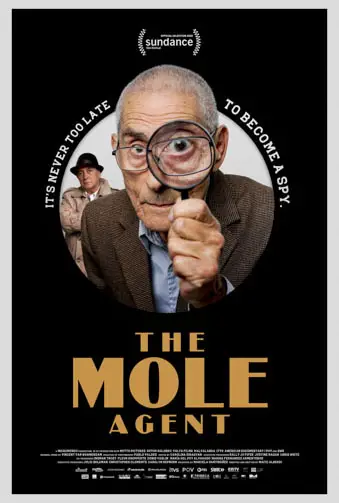
"…the range of human expression was on full display..."
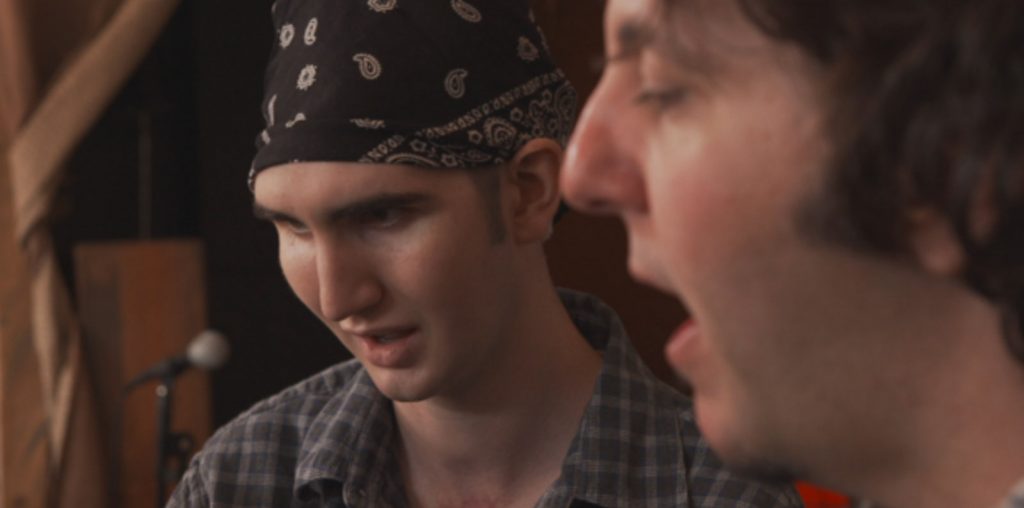
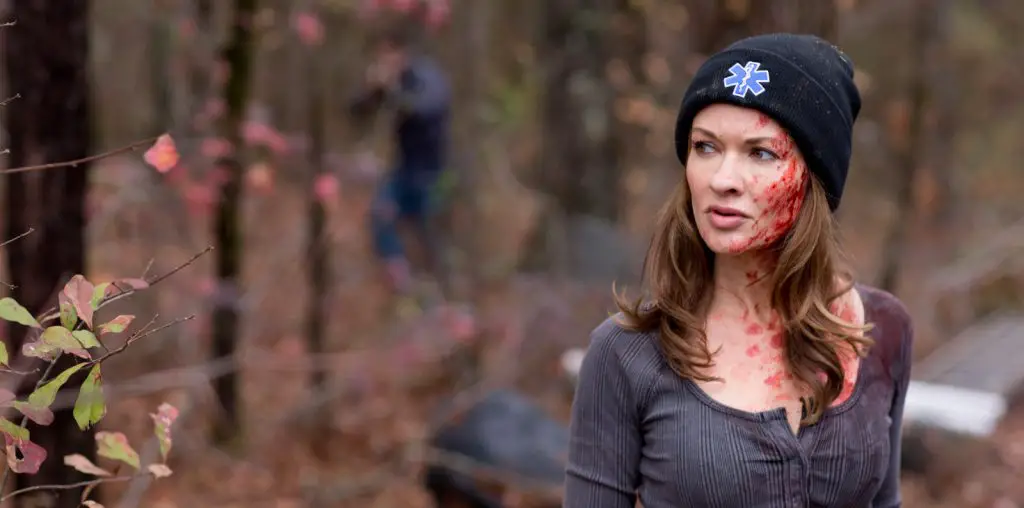
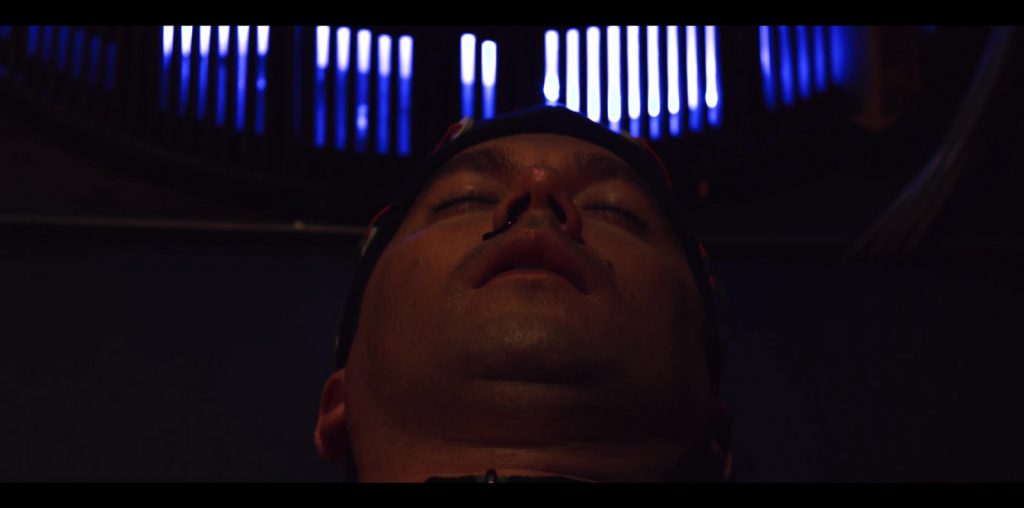
This documentary “The Mole Agent was oh so fab!! It was entertaining, suspenseful and enlightening.